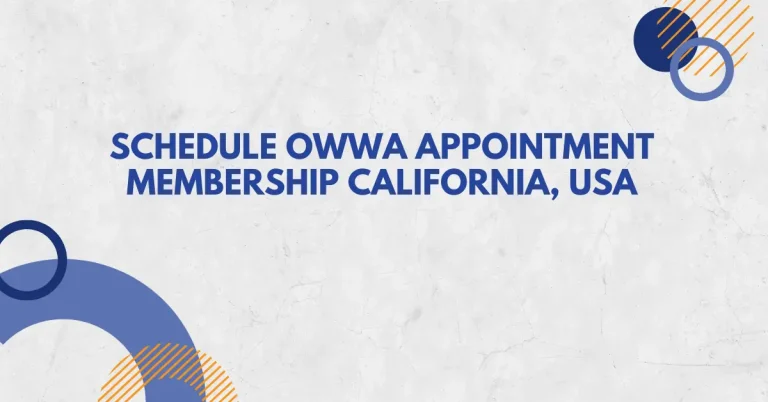Increasing Number of Household Workers Running Away from Employers
Escalating Instances of Household Workers Abandoning Employers: A Concern for the Philippine Overseas Labor Office (POLO) in Milan
The Philippine Overseas Labor Office (POLO) in Milan has recently emphasized the importance for Overseas Filipino Workers (OFWs) to uphold their contractual obligations. This emphasis arises from the mounting grievances reported concerning Filipino individuals employed in Romania, specifically household service workers (HSWs), who have been absconding from their current employers and transitioning to new placements without effectively addressing any preexisting concerns they might have.
The POLO Milan shared several cases of Filipino employees fleeing from their employers, as reported on December 30, 2021, by the Philippine News Agency. This highlights the need for OFWs to adhere to their contractual obligations and address any concerns through proper channels, rather than resorting to unauthorized job transfers.
Maintaining professionalism and honoring contractual agreements not only ensures the protection of OFWs’ rights but also contributes to fostering harmonious working relationships between employers and employees. The POLO Milan’s reminder serves as a call for responsible behavior among OFWs and emphasizes the importance of communication and conflict resolution within the bounds of their employment contracts.
POEA Reminds OFWs to Honor Your Labor Contracts
It is crucial, as emphasized by Bernard Olalia, the Administrator of the Philippine Overseas Employment Administration (POEA), that Filipinos working overseas fulfill their obligations, terms, and conditions stated in their employment contracts. Additionally, it is important for them to adhere to the labor regulations of their host countries.
Recent reports indicate a growing trend among household service staff (HSWs) who abandon their current employers and transfer to new ones without properly addressing issues with their previous employer or the foreign recruiter.
In the context of Romanian labor legislation, the termination of an employee’s contract does not necessarily require justification; it should, however, be done through a formal resignation process.
File Proper Resignation Letter
If you wish to resign from your employer, it is important to file a proper resignation letter instead of going AWOL (Absent Without Leave), especially if you have signed contracts that oblige you to fulfill your responsibilities.
For employees in non-management positions, it is advisable to provide notice of intention to leave to your employer at least 20 days before the resignation date. On the other hand, those in management roles should give notice not more than 45 days beforehand.
In the case of termination initiated by the employer, they are required to provide at least 20 working days’ notice. During this notice period, the employee is entitled to receive their salary and all other statutory rights.
Although the Philippine Overseas Employment Administration (POEA) did not provide specific statistics regarding the number of Home Service Workers (HSWs) who have left their jobs, it is crucial for all Filipinos to abide by the existing labor laws and regulations governing employment contracts.
As an Overseas Filipino Worker (OFW), it is important to remember that you are not only representing yourself but also your family and the country as a whole. Your actions reflect upon the reputation of your nation, so it is essential to exercise caution and be mindful of your behavior while abroad, ensuring that your sacrifices of leaving your loved ones behind for years are worthwhile.
If you have reasons to leave your job, it is advisable to follow the proper resignation procedure and communicate your decision to your employer rather than simply running away without providing any notice. This demonstrates professionalism and maintains a good relationship with your employer, which can be beneficial for future opportunities and references.
Conclusion
the issue of an increasing number of household workers running away from their employers is a significant concern that requires attention and action. This trend reflects underlying problems within the domestic labor industry and highlights the need for better protection of workers’ rights and improved working conditions.
There are several factors that contribute to this growing problem. First, some employers may mistreat or exploit their household workers, subjecting them to long hours, low pay, physical or emotional abuse, or other forms of mistreatment. These adverse working conditions often push workers to the point where they feel compelled to escape their employment situation.
Second, the lack of effective regulation and oversight in the domestic labor sector exacerbates the issue. Insufficient enforcement of labor laws and limited access to legal recourse leave workers feeling helpless and unsupported, making running away their only option for seeking a better situation.
Furthermore, social and economic factors, such as poverty and limited employment opportunities, may lead individuals to migrate for domestic work. However, the reality of their working conditions may not meet their expectations, prompting them to run away in search of alternative opportunities or to escape abuse.
To address this problem, it is crucial for governments, labor authorities, and relevant organizations to take proactive measures. These measures should include strengthening labor laws and regulations to protect household workers, increasing awareness about workers’ rights and available legal channels for recourse, and establishing mechanisms for monitoring and reporting instances of abuse or mistreatment.
Employers also play a vital role in mitigating this issue. They should be encouraged to provide fair wages, reasonable working hours, and safe working environments for household workers. Promoting ethical recruitment practices and providing training on workers’ rights and cultural sensitivity can help foster a more respectful and harmonious working relationship between employers and employees.
Ultimately, the goal should be to create an environment in which household workers are respected, protected, and empowered. By addressing the root causes of workers running away and implementing comprehensive reforms, we can strive towards a fair and just domestic labor industry that benefits both employers and employees alike.




